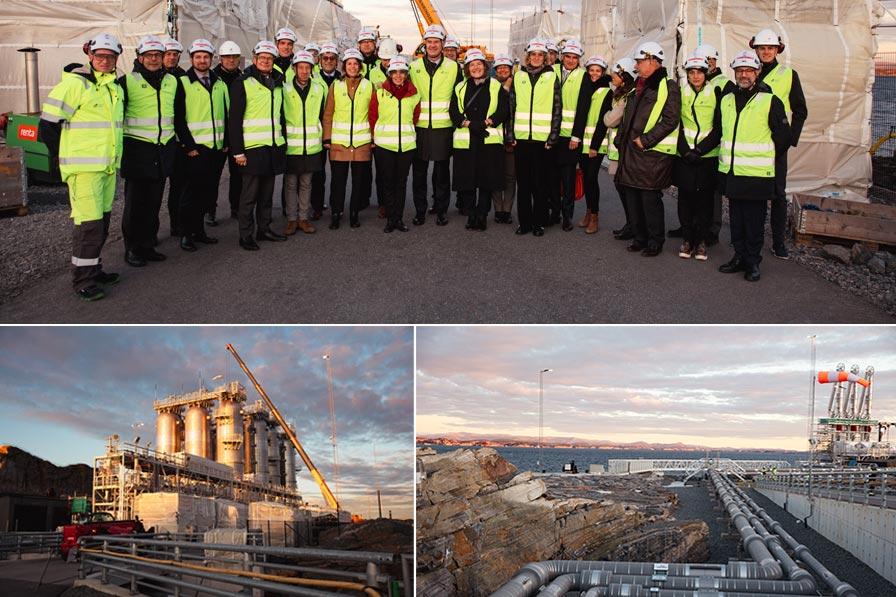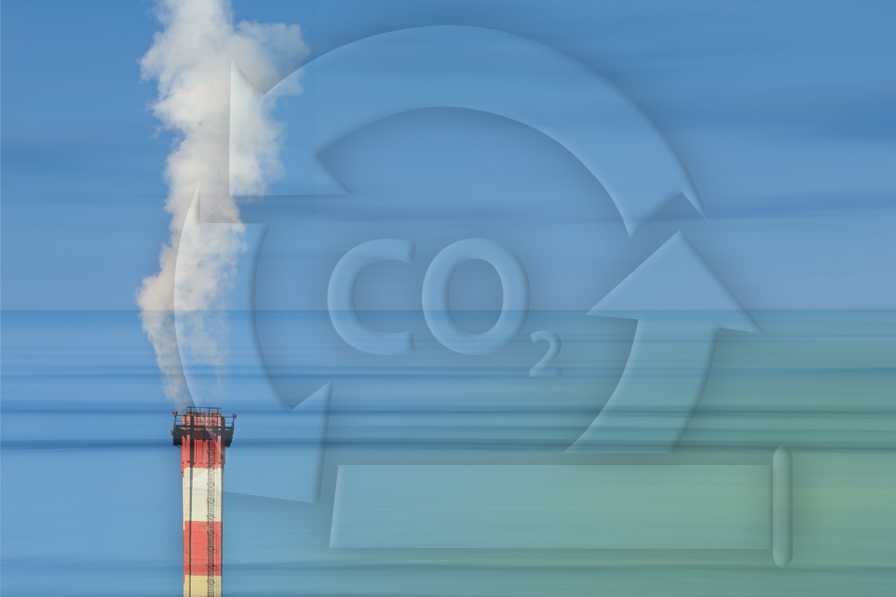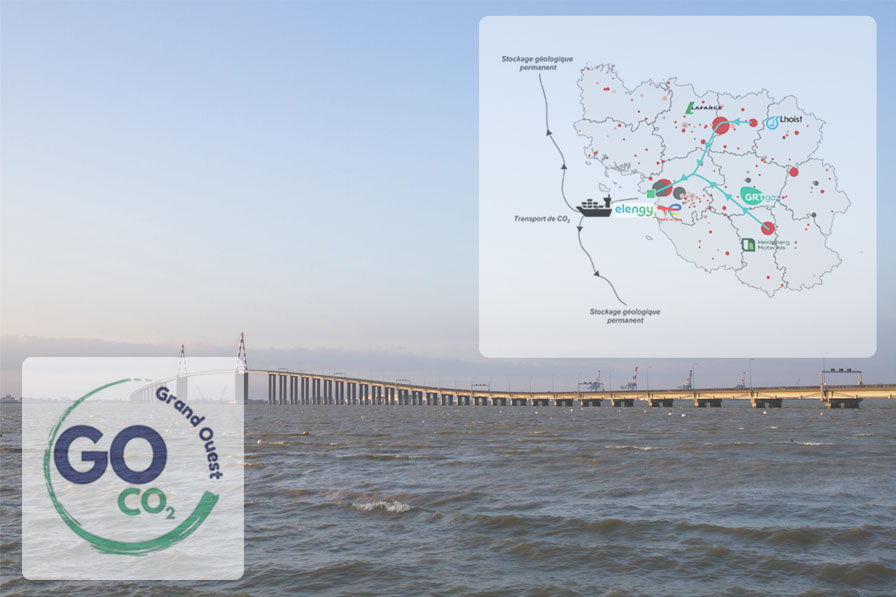CO₂ transport and storage

France's Minister for industry Roland Lescure, Norway's Minister for trade and industry Jan Christian Vestre and its Secretary of State Anne Marit Bjørnflaten agreed, during a visit to Norway on 30 and 31 October, to bolster Franco-Norwegian cooperation on making more industry more eco-friendly, in particular by developing carbon capture and storage solutions. The minister was accompanied by a delegation of industrialists, including GRTgaz CEO Thierry Trouvé. The company stands ready to work with Norwegian players going forward on developing CO2 transport and storage infrastructure to help decarbonise industry.
During the course of this two-day visit, the French and Norwegian ministers announced their willingness to work on a strategic industrial partnership covering mutual areas of interest. This cooperation will bolster the already-close industrial and energy-focused relationships that exist between the two countries and will help create new opportunities for Norwegian manufacturing companies, as well as industrial opportunities, particularly in CO2 capture and storage.
Carbon capture and storage will be the cornerstone of this cooperation – Norway’s CO2 storage programme makes it a natural partner for France's industrial sector, which set itself some ambitious carbon capture targets for 2030 in the plan that Agnès Pannier-Runacher and Roland Lescure presented in June.
GRTgaz is standing ready to use its skills and expertise to help develop CO2 transport and storage in the North Sea.
The main aim is to decarbonise the industrial-port area of Dunkirk and its hinterland – which accounts for 20% of France's CO2 emissions (more than 16 million tonnes) – as well as other industrial regions. CO2 could be captured from sites across the region, transported by GRTgaz and taken to the North Sea to be stored in identified offshore geological formations.
This project is in line with the France 2030 carbon capture, utilisation and sequestration strategy (CCUS).
CO2 capture, storage and utilisation is a decarbonisation solution that sits alongside the improvements being made in energy efficiency and developing renewable and low-carbon energies, such as biomethane and hydrogen. Carbon capture, utilisation and storage is one of the levers which feature in the International Energy Agency's Net Zero Emissions scenario, for which the target is 7.6 Gt of CO2 captured every year from 2050 onwards.
In France, GRTgaz is working on deploying the solution by building dedicated transport networks for taking CO2 from where it is captured to where it is later stored or used. GRTgaz already operates in key CO2 emitting regions and has CO2 transport network projects under development in Dunkirk, Nantes/Saint-Nazaire and Fos-Sur Mer.
To go further

CO₂
